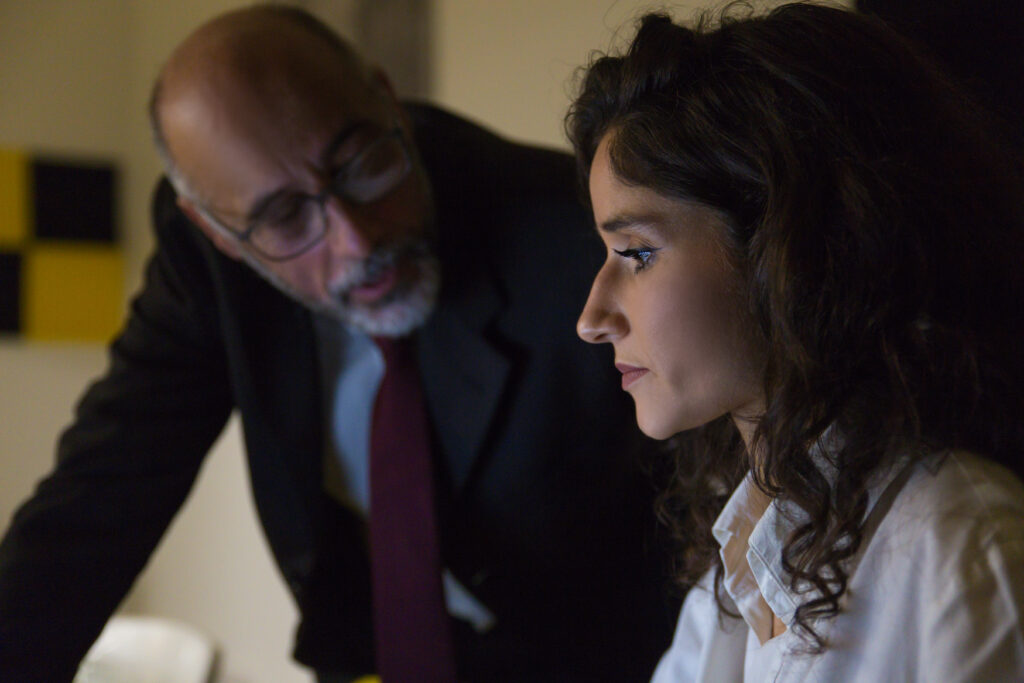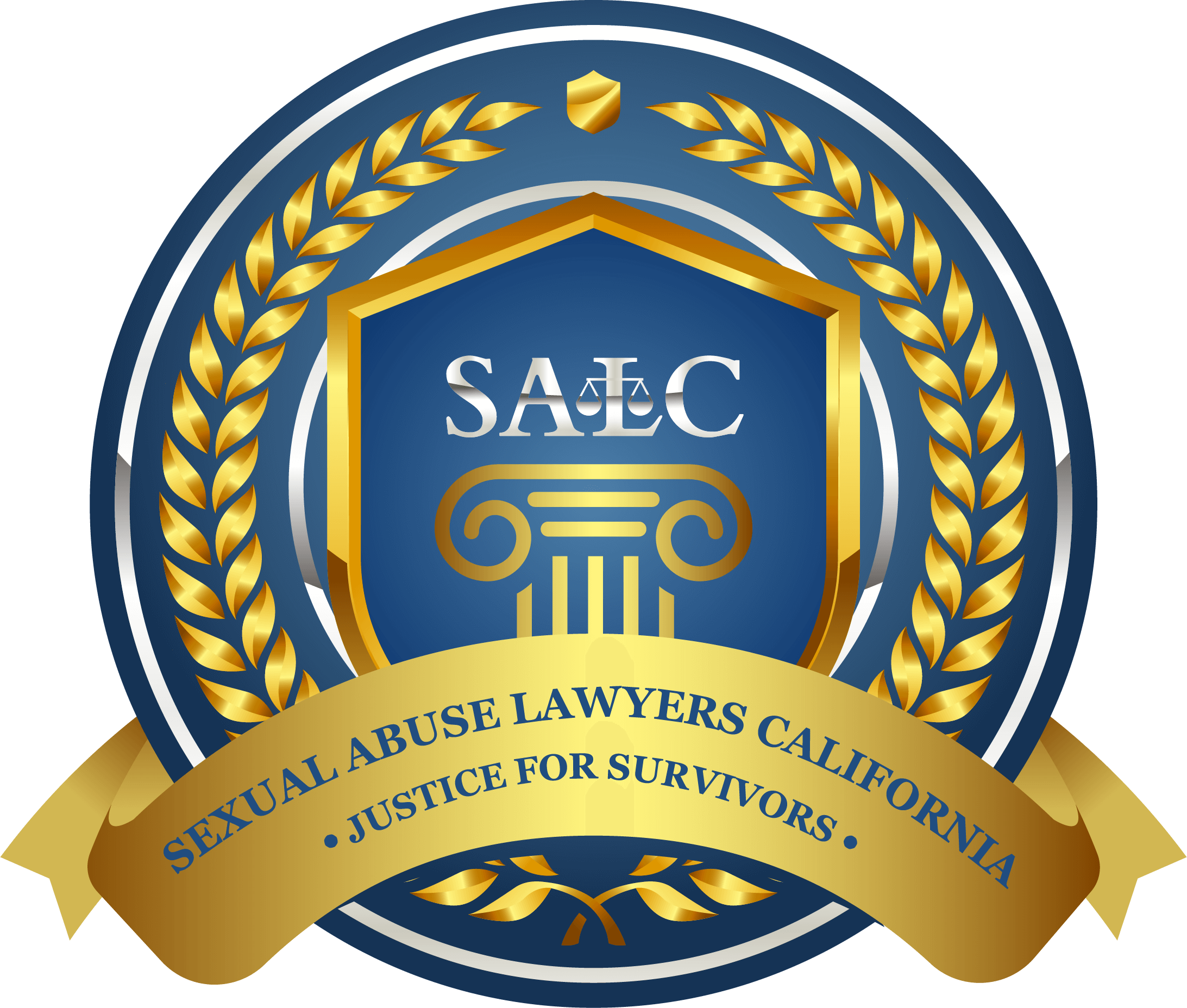Welcoming Remarks
Welcome to our discussion on fostering effective communication with your sexual abuse attorney. In the sensitive and complex arena of sexual assault cases, the rapport between a client and their lawyer is pivotal. Clear, open, and honest communication forms the cornerstone of this relationship. It is not just about exchanging information; it’s about building a foundation of trust and understanding. This article delves into key tips and techniques to enhance your interactions with your attorney, ensuring your voice is heard and your case is robustly represented. Let’s explore how effective communication can significantly impact the journey towards justice.
The Significance of Clear Communication in Legal Cases
In the realm of legal battles, particularly in a sexual assault civil lawsuit, clear communication is more than a mere tool—it’s a necessity. The complexities and sensitivities of these cases demand precise articulation of facts, feelings, and legal expectations. When a survivor articulates their experience and needs clearly, it empowers the attorney to craft a more compelling case.
Misunderstandings or gaps in communication can lead to missed opportunities or misrepresentations in court. Effective communication ensures that every subtle nuance of the case is captured and accurately presented, making it an indispensable component in the pursuit of justice and healing in sexual assault cases.
Building Trust with Your Attorney
Building a foundation of trust with your attorney is vital, especially in cases as sensitive as sexual assault. Start by being honest and transparent about your experience and expectations. Remember, your attorney is your confidante and advocate. Share your concerns openly, and don’t hesitate to ask questions, no matter how trivial they may seem.
Transparency from both sides fosters a mutual understanding, essential for effective representation. Additionally, respect confidentiality and adhere to your attorney’s advice regarding communication outside the legal setting. This mutual respect and openness lay the groundwork for a strong, trusting relationship, crucial for navigating the intricacies of your case with confidence and clarity.

Preparing for Meetings: Organizing Thoughts and Questions
Preparing for meetings with your lawyer, particularly in cases involving sexual assault in a hospital, requires thoughtful organization. Start by jotting down key events, dates, and details related to the incident. This chronological account aids in clarity and ensures no critical information is missed. Compile a list of questions or concerns you have, categorizing them by relevance or priority.
This list not only helps you remember important points during the meeting but also guides the conversation efficiently. Bring any relevant documents or evidence that could be pertinent to your case. Remember, these preparations are not just about recounting events; they’re about setting the stage for productive, focused discussions that advance your legal objectives.
Active Listening and Feedback
Active listening is crucial when communicating with your attorney. It involves fully concentrating, understanding, responding, and then remembering what is being said. Listen attentively to your attorney’s advice and explanations, and don’t hesitate to ask for repetitions or clarifications if needed. Provide feedback to ensure mutual understanding. This two-way communication establishes a productive dialogue, enabling your attorney to tailor their approach to suit your specific needs and concerns. Remember, active engagement in these discussions helps build a stronger case and a more effective legal strategy.
Understanding Legal Jargon: Seeking Clarifications
Legal discussions often involve complex jargon that can be difficult to understand. As a client, it’s important to ask for simplification of legal terms and explanations of processes that are unclear. Don’t feel intimidated by the technical language; your attorney is there to help you comprehend every aspect of your case. When a term or procedure is not clear, politely request a layman’s term explanation. Understanding these elements is crucial for making informed decisions about your case. A good attorney will appreciate your desire to understand and be willing to explain things in a way that makes sense to you.

Effective Use of Non-Verbal Communication
Non-verbal communication plays a significant role in enhancing interaction with your lawyer, particularly in sensitive cases like sexual assault by professors. Body language, eye contact, and facial expressions can convey trust, openness, and sincerity, complementing your verbal communication. Be mindful of your gestures and posture during meetings, as they can reflect your level of comfort and confidence in discussing the case. A nod or a smile, for instance, can affirm understanding or agreement. Effective non-verbal cues can reinforce your spoken words, creating a more profound and empathetic connection with your attorney.
Utilizing Technology for Communication
In today’s digital age, leveraging technology for communication with your lawyer can be incredibly efficient. Emails are excellent for sending detailed information, questions, or document attachments, providing a written record of exchanges. Text messages can be used for quick updates or scheduling meetings. For more complex or sensitive discussions about sexual assault by professors, video calls offer a more personal touch than phone calls, allowing for face-to-face interaction from any location. These technological tools not only streamline communication but also ensure continuous and flexible connectivity with your attorney, crucial for timely and effective case management.
Regular Updates and Check-Ins
In sexual assault lawsuits, it’s crucial to maintain a flow of regular updates and periodic check-ins between you and your attorney. These consistent interactions ensure that both parties are aligned on the case’s progress and any evolving strategies. Schedule periodic meetings to discuss new developments, share insights, or revisit the case plan. Regular communication not only keeps you informed but also reinforces the collaborative nature of your legal journey. It ensures that you’re actively involved in the process and that your attorney is responsive to your needs and concerns.
Dealing with Difficult Conversations
Difficult conversations are an inevitable part of the legal process in sexual assault lawsuits. To navigate these, approach each conversation with a mindset of openness and willingness to express your feelings. It’s okay to acknowledge that a topic is challenging for you. Request breaks if the conversation becomes overwhelming.
Your attorney can help guide these discussions sensitively, but your feedback on what you’re comfortable discussing and how these conversations are approached is invaluable. Remember, these tough conversations are integral to the case’s progress, and handling them with care and mutual respect can strengthen your case and your resilience.

Encouraging Client Involvement and Participation
Client involvement is a crucial component in the dynamics of attorney-client communication. Your active participation in your case provides your attorney with valuable insights and perspectives that only you can offer. Engage in the strategizing process, share your thoughts and concerns, and provide feedback on the proposed legal approaches. This collaborative effort not only enriches the communication but also ensures that the case strategy aligns closely with your expectations and comfort level. Remember, your involvement can significantly influence the direction and outcome of your case, making your active engagement a key to success.
Parting Thoughts
Effective communication between a sexual assault victim and their lawyer is more than just exchanging information; it’s about building a partnership based on trust, clarity, and mutual understanding. From active listening to embracing technology, every aspect we’ve discussed plays a pivotal role in strengthening this bond. As a client, your involvement, feedback, and willingness to engage in even the toughest conversations can profoundly impact your case. Remember, in the journey towards justice, your voice matters, and how you communicate it can make all the difference.










